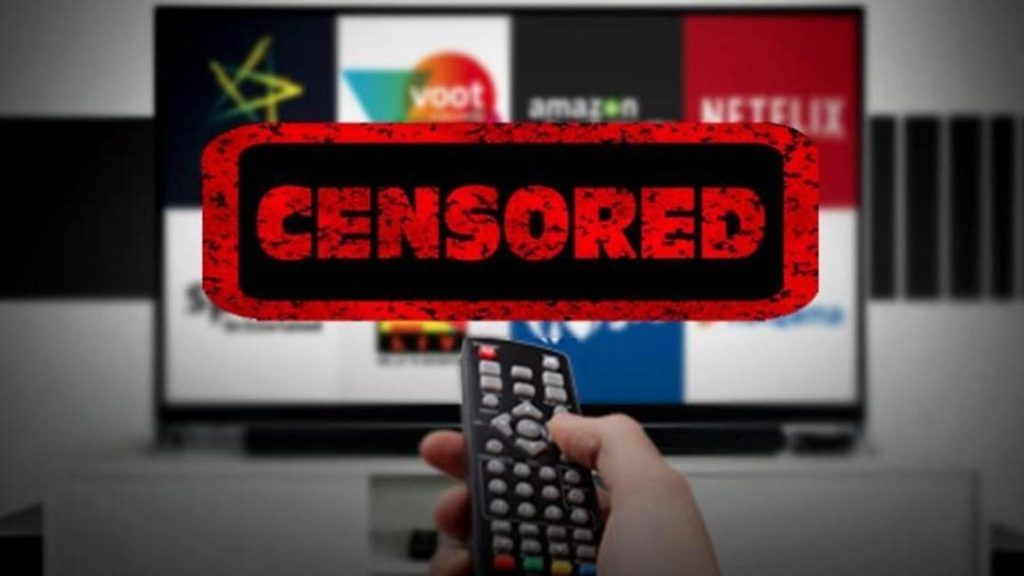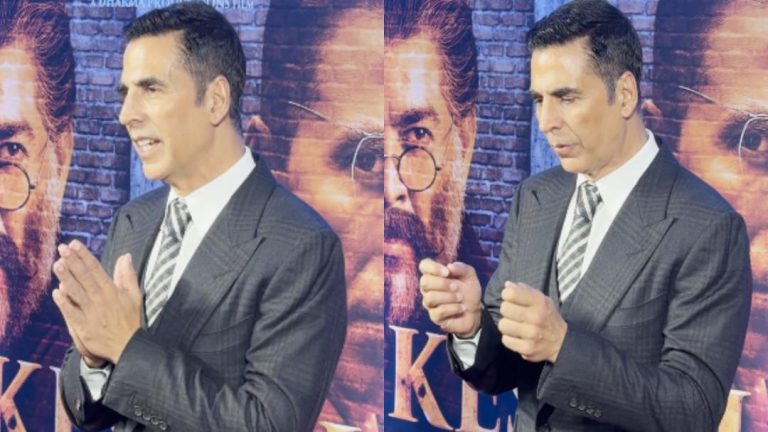
Excessive Regulation for OTT Platforms may Stifle Innovation: TMC
The Indian digital entertainment landscape has undergone a significant transformation in recent years, with the rise of Over-the-top (OTT) platforms such as Netflix, Amazon Prime, and Disney+ Hotstar. These platforms have revolutionized the way we consume entertainment content, offering a vast array of choices to viewers. However, with the growth of OTT platforms, concerns have been raised about the need for regulation to ensure that these platforms operate in a responsible and ethical manner.
Recently, Trinamool Congress (TMC) MP June Maliah brought up the issue of regulation in the Lok Sabha, expressing concerns that excessive regulation may stifle innovation and restrict consumer choice. Maliah emphasized the importance of striking a balance between regulating OTT platforms and allowing them to operate freely, citing the need to balance freedom of expression, creative independence, and ease of doing business in the digital sector.
The regulation of OTT platforms has been a topic of debate for some time now. While some argue that regulation is necessary to ensure that these platforms adhere to certain standards and guidelines, others argue that excessive regulation may stifle innovation and restrict consumer choice.
The Indian government has already taken steps to regulate OTT platforms, introducing the Information Technology (Intermediary Guidelines and Digital Media Ethics Code) Rules, 2021. These rules require OTT platforms to adhere to certain guidelines and codes of conduct, including the need to remove any content that is deemed to be offensive or harmful.
However, the regulatory framework for OTT platforms is still evolving, and there is a need for further clarification on the goals and objectives of regulation. Maliah’s comments highlight the need for a nuanced approach to regulation, one that balances the need to protect consumers with the need to allow OTT platforms to operate freely and innovatively.
One of the key concerns about regulating OTT platforms is the potential impact on creative freedom. OTT platforms have been instrumental in promoting new and innovative content, including content that may be considered controversial or provocative. Regulation may stifle this creative freedom, leading to a loss of innovative and diverse content.
Another concern is the potential impact on consumer choice. OTT platforms have revolutionized the way we consume entertainment content, offering a vast array of choices to viewers. Regulation may restrict this choice, leading to a loss of options for consumers.
Furthermore, regulation may also have a negative impact on the ease of doing business in the digital sector. The Indian digital entertainment industry is a significant contributor to the country’s economy, and regulation may make it more difficult for companies to operate in this sector.
In conclusion, while regulation is necessary to ensure that OTT platforms operate in a responsible and ethical manner, excessive regulation may stifle innovation and restrict consumer choice. The Indian government must strike a balance between regulating OTT platforms and allowing them to operate freely, balancing freedom of expression, creative independence, and ease of doing business in the digital sector.
The views of June Maliah, TMC MP, are timely and relevant, highlighting the need for a nuanced approach to regulation. The Indian government must take a careful and thoughtful approach to regulating OTT platforms, ensuring that any regulation is proportionate to the goals and objectives of the regulation.
Sources:
https://repository.inshorts.com/articles/en/PTI/91486811-f3f3-45df-9b95-835d451228e9






